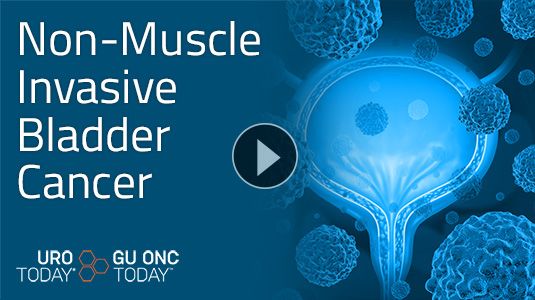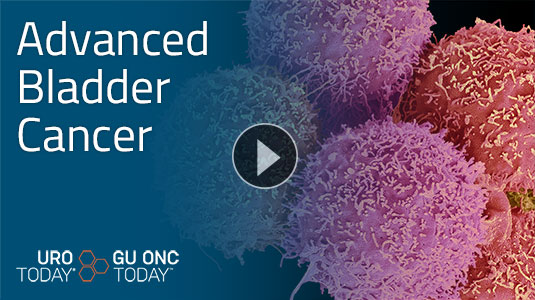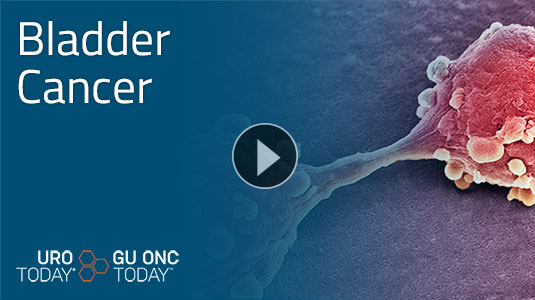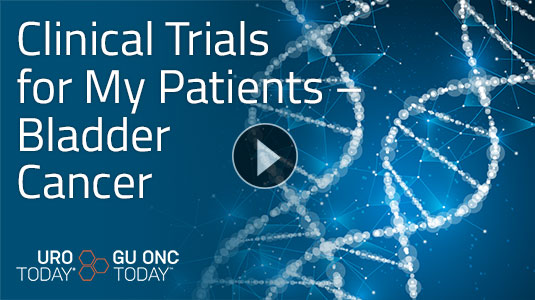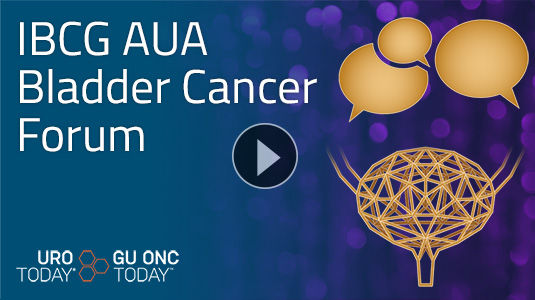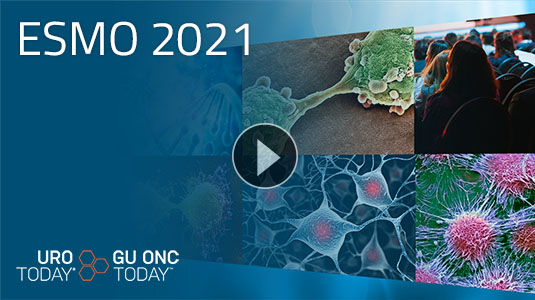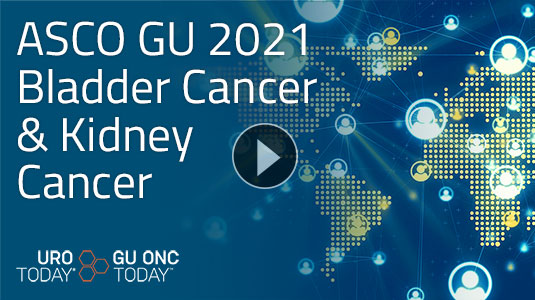- UroToday Home

- Center Of Excellence
Centers of Excellence
The Latest Research on Advanced Bladder Cancer
Emerging Frontiers in Advanced Bladder Cancer: Paradigm Shifts in Diagnosis and Treatment
Thank you for visiting UroToday’s Center of Excellence for Advanced Bladder Cancer (aUC). I am delighted to serve as its new editor. This Center of Excellence curates evergreen content on emerging diagnostic and treatment information in a rapidly changing field.

Shilpa Gupta, MD Clinical Professor, Lerner College of Medicine at Case Western Reserve University
Director, Genitourinary Oncology Program
Cleveland Clinic Taussig Cancer Institute
Cleveland, OH, USA
Introduction
Metastatic urothelial carcinoma is associated with a poor prognosis, with an estimated 17,000 deaths annually in the United States from this disease.1 Platinum-based chemotherapy had long been considered the standard of care first line treatment for platinum-eligible patients with metastatic urothelial carcinoma. Read More- susceptible FGFR3 or FGFR2 genetic alterations and
- progressed during or following at least one line of prior platinum-containing chemotherapy including within 12 months of neoadjuvant
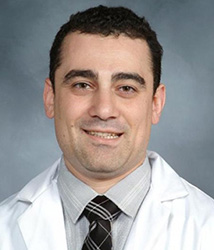


































EV+P nearly doubled median PFS and OS versus platinum-based chemotherapy in patients with previously untreated locally advanced or metastatic urothelial cancer in the phase 3 EV-302 trial and is NCCN category 1 and ESMO guidelines preferred treatment option. PRO assessments included the Read More
At the 2024 ESMO annual meeting, Dr. Maria De Santis discussed three key urothelial carcinoma abstracts: updated SunRISe-1 results on TAR-200 +/- cetrelimab in BCG-unresponsive high-risk NMIBC, the AMBASSADOR study on adjuvant pembrolizumab in muscle-invasive urothelial carcinoma, and ctDNA clearance in cisplatin-ineligible MIBC from the VOLGA trial.
Dr. Jonathan E. Rosenberg presented the results of the EV-103 Study with five-year follow-up of first line Enfortumab Vedotin (EV) + Pembrolizumab in Cisplatin-ineligible locally advanced or metastatic urothelial carcinoma (la/mUC).
Read More
In an oral abstract presentation on the second day of the American Society for Clinical Oncology (ASCO) Genitourinary Cancer Symposium 2022 Dr. Rosenberg presented results of BAYOU, examining durvalumab and olaparib as first-line therapy in platinum-ineligible patients with unresectable stage IV urothelial carcinoma.
Read More
Closing this course on TMT, Dr. Efstathiou presented on Biomarkers, Immunotherapy and Future Directions in TMT. He began by emphasizing, as many of the prior presentations in the course had done, that clinical-pathologic features affect TMT decisions, including tumor size, T stage, hydronephrosis, renal function, and bladder function. The question then is whether genomic factors may be able to inform bladder sparing therapy.
Read More


